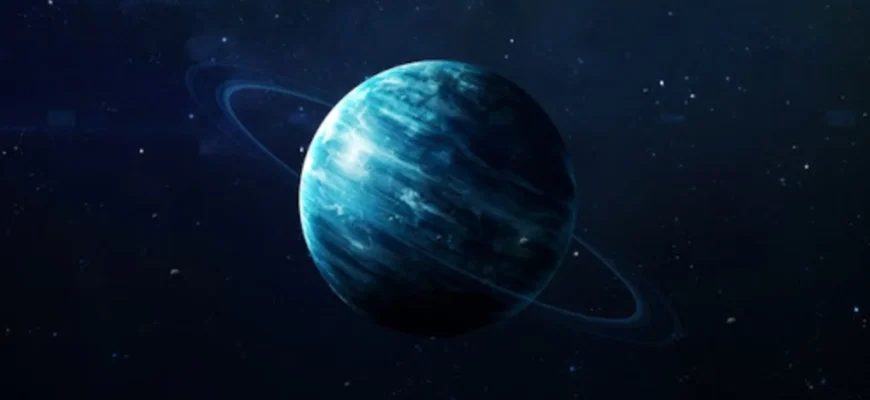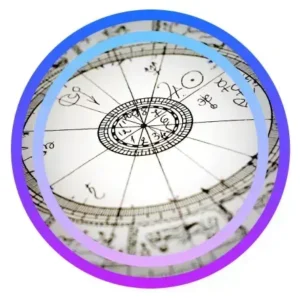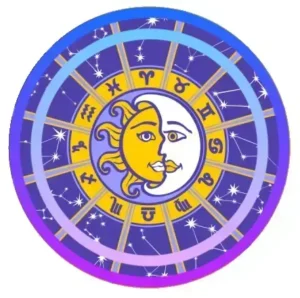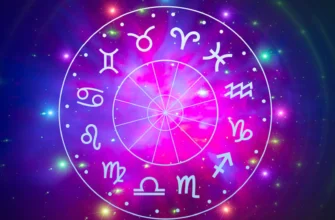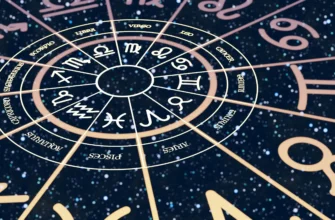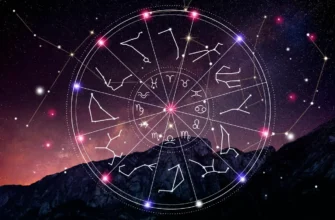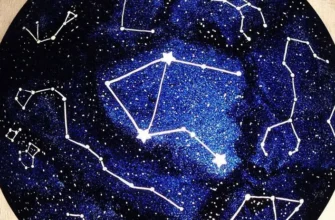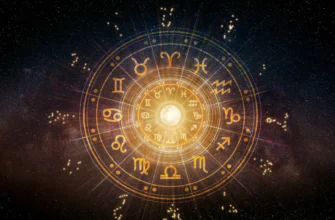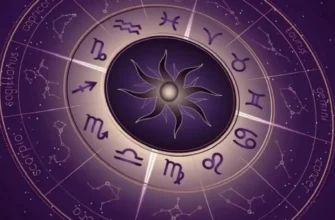Uranus in synastry brings excitement, unpredictability, and a jolt of electric chemistry that can awaken dormant parts of the personality. In synastry chart interpretation, Uranus aspects show where the relationship inspires freedom, innovation, and emotional renewal—but also where instability or inconsistency may arise. Through relationship synastry, Uranus acts as the catalyst that challenges routines, pushes boundaries, and encourages partners to break free from outdated emotional patterns.
This energy can feel liberating or unsettling, depending on the partners’ comfort with change. In synastry chart analysis, Uranus aspects often explain “love at first sight” connections, sudden attractions, or relationships that begin unexpectedly. When aligned with strong birth chart compatibility, Uranus brings growth and reinvention; but without grounding elements, it can introduce restlessness or emotional distance. Ultimately, Uranus in synastry reveals where relationships must evolve to remain alive—inviting both partners to embrace authenticity, flexibility, and emotional honesty.
Even Mercury trine Uranus – often celebrated in astrology books as a mark of brilliance, originality, and quick perception – can carry a far more complex story. While it certainly enhances intuition and mental speed, it may also produce restless or eccentric thinking, especially when not balanced by grounding influences. The opposition, however, is another matter entirely. Those with Mercury opposing Uranus often think in lightning flashes, too fast to wait for anyone else to catch up.
Conversation with them can feel like trying to hold a kite in a storm – they interrupt, jump from idea to idea, and resist structure or restraint. Cooperation is not their strong suit; excitement is. Uranus, after all, is the planet of pure individuality – brilliant, defiant, and often self-centered. When transiting Uranus touches a sensitive point in your natal chart, that craving for independence becomes undeniable. You want to break free, to do your own thing, no matter who objects.
A striking example appeared in the chart of a man repeatedly imprisoned for violent crimes. His Venus opposed a Mars-Uranus conjunction – a volatile signature if ever there was one. This combination spoke of impulsive passion and explosive rebellion, traits that played out through aggression and defiance. Classical astrologers weren’t wrong to call such configurations “afflicted.” When Venus forms harsh aspects to Uranus or Saturn, relationships demand more maturity, patience, and self-awareness than most people can sustain.
Mars–Uranus Energy Manifestations
Astrologers have long associated the Mars–Uranus combination with sudden outbursts of violence – and while that reputation is not unfounded, it doesn’t always play out in such direct or dramatic ways. The expression of this energy can vary widely depending on the individual’s level of awareness and life circumstances.
One of my clients, for instance, had a striking Mars–Uranus conjunction opposing Venus. His only marriage ended in complete collapse; his ex-wife remarried and took their child with her. When I asked him why he constantly found himself in fights or legal disputes, he said, almost defensively, “I never start the fights! I just go to a bar, have a drink, and somehow someone always picks a fight with me.” Of course, he never thought of choosing another bar – those rough places lined with motorcycles were precisely where his restless Uranian energy felt most alive.
Venus Opposition and the Mechanics of Projection
Hard aspects to Venus often reveal how we project our unresolved issues onto others. In his case, the Mars–Uranus conjunction opposing Venus created a mirror effect: he projected his own volatile impulses onto those around him, insisting that they were the ones provoking him. It’s a common defense mechanism with oppositions – particularly those involving the Moon or Venus – where a person unconsciously attributes their inner conflicts to the outer world.
Oppositions to personal planets almost always carry this theme of projection. Richard Nixon’s Sun opposite Neptune is a famous example – his lifelong tendency to see enemies and conspiracies everywhere reflected his inability to confront his own inner insecurities. The deeper truth is that these “troublemakers” are often reflections of our own unacknowledged patterns.
Neptune’s Avoidance Patterns
Neptune, too, plays a subtle but powerful role in avoidance and denial. It governs the human tendency to blur boundaries, to escape confrontation, or to idealize what one doesn’t want to face. Returning to my client’s story, when I asked him why his marriage had failed, his response was textbook Uranian rebellion: “She didn’t understand me at all! She even asked me where I was going when I left the house! I thought I was free to disappear for three or four days if I wanted.”
That single sentence captures the essence of Mars–Uranus – raw individualism, impulsive freedom-seeking, and a complete disregard for emotional responsibility. These individuals crave independence so fiercely that they often see any emotional expectation as a threat to their autonomy. The result is a recurring pattern of conflict, projection, and broken relationships.
Uranus and the Illusion of Freedom
His ex-wife, in one of their final arguments, had asked him a simple question: “When are you coming back?” – a question that, to him, felt like an unbearable constraint. Uranus, in its less evolved form, is notoriously self-absorbed. Its energy, while visionary and electric, often blinds individuals to the emotional needs of others.
Oppositions to personal planets – especially Venus – can create a battleground between love and freedom. Until that tension is integrated, relationships suffer under the weight of projection and unmet expectations. The Mars–Uranus archetype teaches us that freedom without awareness easily becomes chaos, and individuality without empathy often turns into isolation.

